Support strong Canadian climate journalism for 2025
Editor's Note: This opinion piece contains spoilers for anyone who has not seen the entire first season of Hulu's The Handmaid's Tale
Visually stunning, socially impactful and disturbing to the core, Hulu’s adaptation of Margaret Atwood’s dystopian novel is a convincing glimpse into a totalitarian future where fertile women are both prized and repressed by the state.
With elements of contemporary society cleverly woven in, this politically-charged masterpiece ultimately comments on what a woman’s role in society should be while successfully making me nauseous several times per episode.
In case you haven't seen a single episode, The Handmaid’s Tale tells the story of Offred, formerly known as June, navigating her new normal as a glorified sex slave in a society governed by an ultra-conservative, male-only government (remind you of anyone?). Prior to the emergence of this regime, all women were suddenly forbidden from holding jobs, having bank accounts, or owning property.
After failing to escape to Canada, Offred was seized by the government to be a handmaid in the all-powerful Commander’s household. Ritualized rape, social castes, Biblical speech, and a severe hindrance on freedom of expression are all a part of Offred’s new reality in a society at war with literally anyone doesn't have ultra-Christian ideals.
A brilliantly symbolic river of blood
Yesterday’s climactic season finale leaves a pregnant Offred in the same situation she was left in at the end of Atwood’s novel, inside the closed doors of the mysterious black van and leaving the audience to guess whether she is indeed in the hands of the Gestapo-like secret police or in the saving hands of fellow resistance members. Given the fact that a second season is under way and after Nick (presumably the father of her child) tells her “just go, trust me,” it seems safe to imagine which of the two situations Offred is in.
The finale does the book tremendous justice, and I was delighted that my favourite line from the novel — “and so I step up, into the darkness within; or else the light” — was kept as she walked into the van. The powerful finale contained brilliant symbolism in the final scene as the handmaids returned to the town after their first act of rebellion looking like a river of blood — the first plague Moses brought to Egypt to free the Hebrew slaves — hopefully indicating the first of many plagues to infect the city of Gilead in the upcoming season.
The theme of women in society is consistently examined throughout the first season of The Handmaid’s Tale. In episode 6, we see the Commander’s wife, Serena Joy, and her role in orchestrating the mechanics of a return to Christian tradition with her aptly titled book “A Woman’s Place” — undoubtedly chronicling the need for women to exit the public world in favour of the private, existing primarily as mothers and “reclaiming” female domestic duties.
In episode 3, we see the rise of the conservative regime and its impact on Offred and Moira as they receive condemning looks from strangers for jogging in low-cut tops and are called derogatory names from male business owners, indicating a cultural shift in attitude towards modern women. These events in the series echo contemporary issues of rape culture — victim-blaming, slut-shaming and the like.
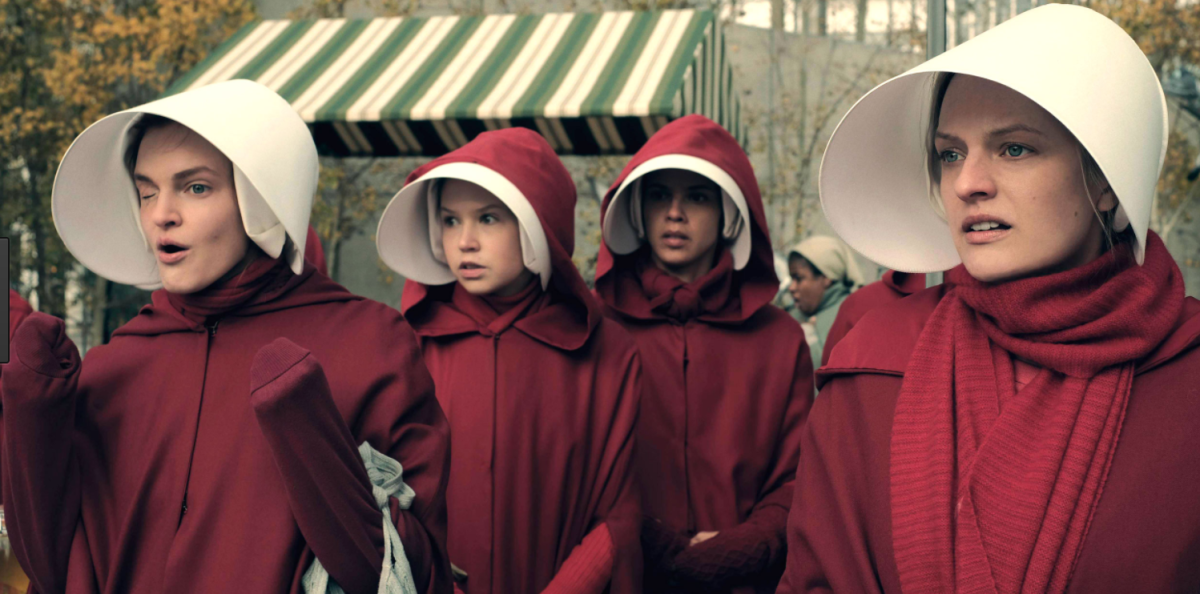
Slut-shaming and rape culture
When Offred and Moira meet again in the 'lets-train-women-to-be-sex-slaves' centre, the insufferable Aunt Lydia mentions women who “had Tinder and took birth control,” confidently describing them as “sluts”. This line is an uncomfortable examination of women’s sexuality today, a classic conservative guilt-trip for women expressing their sexuality while, God forbid, wanting to avoid pregnancy.
As the Bible becomes word of law, the audience is privy to a frightening parade of punishment (Janine has an eye removed according to Biblical law for using offensive language; she is also blamed for leading men on that resulted in her traumatizing gang-rape years prior) that serves to annihilate all aspects of personhood and indoctrinate these women with their new social purpose. As Aunt Lydia puts it, “Normal is just what you’re used to — soon, this will be normal.”
Cue one of my urges to throw up.
It is the sick victim-blaming scene that brings to mind the horrific gang-rape that took place on a bus in New Delhi in December 2012. A young woman dared to go to see a film with a male friend, boarded a bus to go home from the theatre, and was mercilessly attacked by a group of men who can only be described as the scum of the earth. The woman died from her injuries, and India was catapulted to the forefront a world-wide conversation about rape culture and victim-blaming, a social phenomenon that I have yet to understand where the public takes into account how much alcohol a woman has consumed and the outfit she was wearing at the time of the attack.
India is not the only country where it is common for women to be questioned on what they were wearing when the attack happened; almost every conversation about sexual assault in the United States inevitably includes what the victim was wearing when the assault occurred. It is a situation that makes me want to explode with rage, and the scene where the future handmaids are being indoctrinated to believe they invite sexual assault upon themselves is enough to send my blood pressure through the roof.
Perhaps every episode should come with a complementary Xanax to counter the effects of the blood-boiling reminders of the social injustices against women.
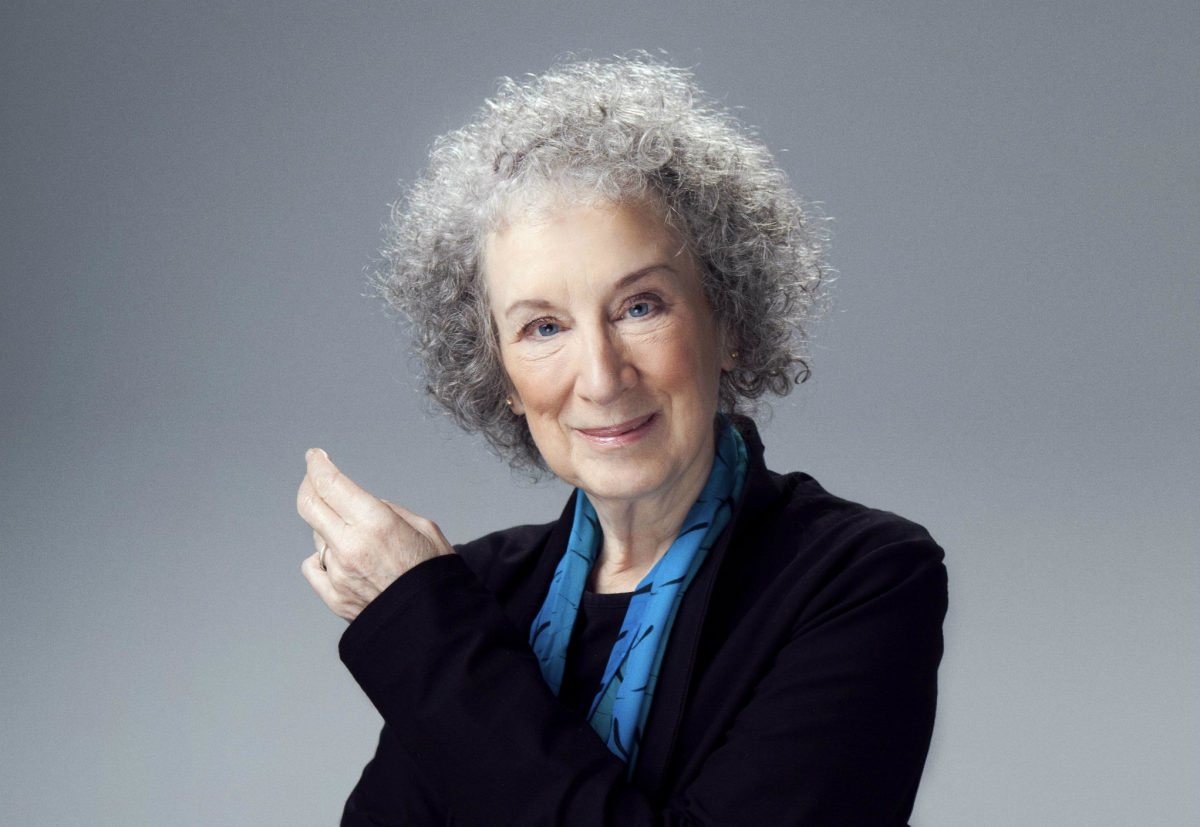
Holding government to account
The Handmaid’s Tale is a stark glimpse into a future where women’s rights have been removed and their value is placed on how well their reproductive system works. What also makes the show scarily relatable is how the emergence of the totalitarian government arose under the guise of public safety: in episode 3, lamenting over the incredulousness of having her social liberties taken away, Offred talks about how martial law was put in place “to protect us from terrorism.”
Atwood’s genius message in the novel is a political commentary on how necessary it is for the public to be critical of the government. This is eerily reminiscent of the Harper government’s Bill C-51 and George W. Bush’s Patriot Act — both pieces of legislation that actively removed or threatened citizen’s rights under the guise of public safety. Contemporary society’s collective paranoia regarding terrorism is increasingly granting the expansion of state security, slowly diminishing civil freedoms and making futures such as the one depicted in The Handmaid’s Tale possible.
Ultimately, the series is a political masterpiece unearthing questions about society’s expectations of women and the need for the public to be critical of the government. The Handmaid’s Tale is the most important show of the year raising taboo topics regarding female sexuality and the ongoing fight for equality.
As Atwood wrote in the novel, “Nothing changes instantaneously: in a gradually heating bathtub you’d be boiled to death before you knew it.” That is precisely what made this show strike such a tender chord with feminism in America — the notion of civil rights achievements being reversed by a patriarchal government is a painful thought to consider.
The wait for season 2 of this series will be an exercise in patience, but in the meantime, Nolite te bastardes carborundorum, ladies.

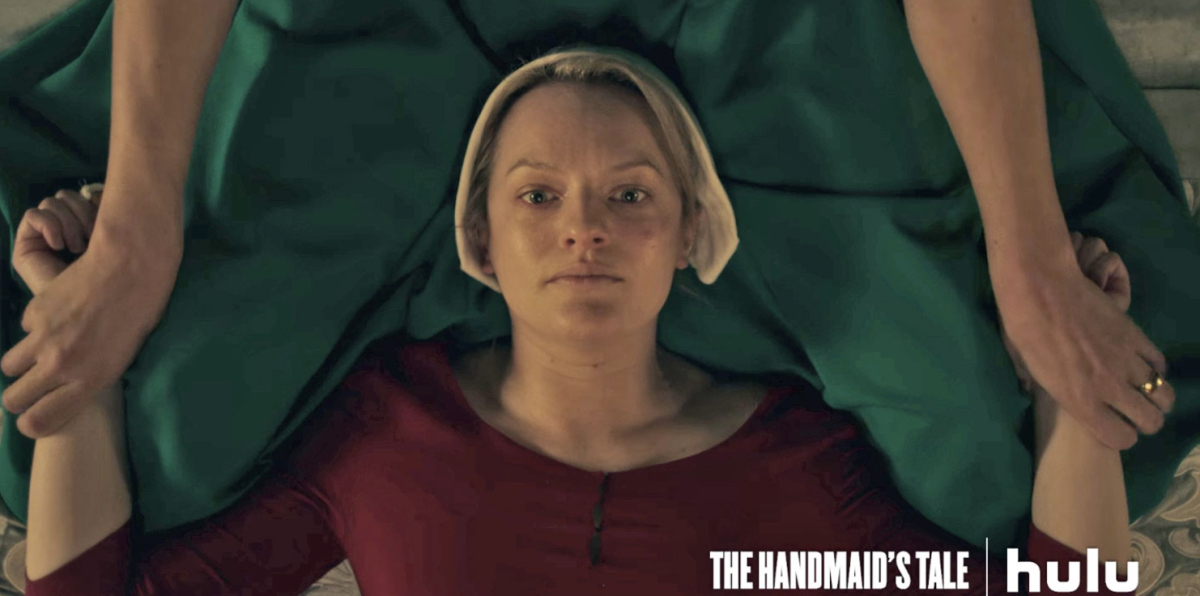

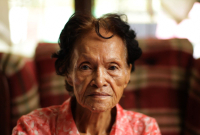
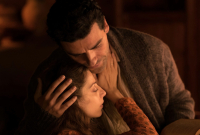

Comments